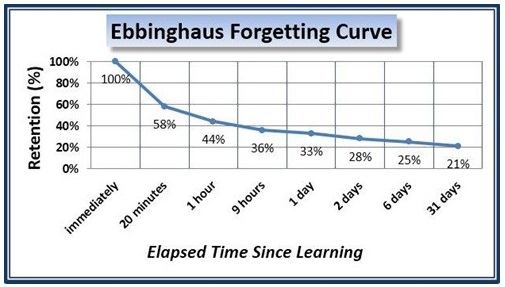
Top stories






More news
















Traditional workplace training often takes the form of lecture-style group learning, which can result in hours of workday productivity lost. Adding to this, in this type of environment, employees are often unable to concentrate on the training, as they are distracted or stressed about the office work that needs to be completed.
Mobile education, on the other hand, brings interactive learning directly to the individual. The learner can go through the course material at his or her own pace, without being distracted by classmates or by work pressures. With mobile learning, you have a greater control over how the information is disseminated, and how it is consumed.
By downloading the course material onto smartphones or tablets, employees can access their notes and assignments at a quiet time during the workday, or even on a train, taxi, flight, or while waiting for an appointment. If the learner feels more comfortable taking their time with the material and engaging with it at home, there is the scope for this too.
Through mobile technology, we are presented with an opportunity to ‘leapfrog’ traditional structures by cutting out the learning centres and delivering training to the learner anywhere at any time.
In business, we are starting to see the rise of ‘enterprise mobility’, which is a term used to describe the trend of working outside of an office environment, and using mobile devices and cloud services to carry out business tasks.
This trend is accelerating and is said to overtake most large enterprises in the next five years. By embracing mobile education, you are essentially getting your workforce ready for this change.
While millions of South Africans have access to smart phones and tablets, they are often only connected to the internet when connected to a WiFi hotspot, as opposed to paying for data. To overcome this, learners can now download the material when they are online to access it when they are offline. This makes the learning material accessible, whether the learner is connected to the Internet or not.
Training traditionally happens in a classroom environment, where learners are taught concepts, which they then need to put into practice in the workplace.
Flipped learning is where we take this theoretical component out of the training room and make it available anywhere, anytime. Let the employee learn the theory at their convenience and use the instructor’s time to show and mentor the employee while on the job.
The ‘Ebbinghaus Forgetting Curve’ hypothesises the decline of memory retention over time. The curve indicates the percentage of information lost, over different periods of time, when there is no attempt to retain it.
After a month, only 21% of the information will be retained, if the learner hasn’t made an attempt to look over the notes again or to refresh his or her memory of the course material.
Through mobile learning, the learning material will always be accessible, allowing learners to dip in and out of the notes when they need to be reminded of certain concepts or facts.

If it seems counterintuitive to suggest that you can have more interaction and discussion in an online platform than in a real-life classroom scenario, you only have to look to social media and WhatsApp to know that digital communication is more prevalent than ever before.
Through forums, learners can discuss topics related to the course material and ask online facilitators for assistance with points they might be struggling with. In this way, a community of learning is created. Peer assessment is also a very valuable component of digital learning.
Learners are also able to assist and give feedback to one another. This creates an opportunity for them to communicate and discuss the material; this is where the real learning happens, amongst peers.
Education and skills training are vital to ensure a more productive and motivated workforce. Thanks to technological advances and the move to mobile, this training is more accessible than ever before.